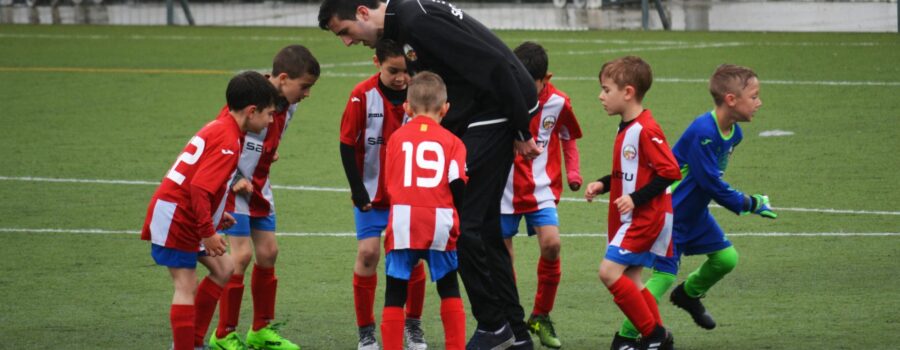Good quality practices are the goal of coaches. The largest variable during practice is the intensity and production of your players. As coaches you set the structure of practice, the goals of the day, and where your players are directing their focus.
The coach is the director of goals; focusing their athletes’ attention to drills, plays, scrimmage and learning. More often than not, the athlete unintentionally comes to practice with a passive mindset. They are ready to work and put forth their best effort, yet they rely upon the coach to set goals and control how the team will improve.
There is a way to get more from your athletes at each practice. Practice goals (sometimes called process goals) are effective, easily set goals which are in complete control of your athlete. A practice goal is a simple technical skill that your athlete needs to improve upon. Follow through with their leg and body while taking a corner kick is an example of a practice goal. The emphasis on follow through is the technique you set as the actual practice goal. For the next 2 weeks of practice this becomes the goal that the athlete has as their personal goal during practice.
Talking with your athletes and helping them find and set 1 or 2 practice goals is the most effective means to setting practice goals. Giving a young athlete a practice goal works well, however as the athlete ages they generally want and appreciate input with their goals. Talking with them about what they would like improve upon as well as what you would like to see them improve upon is an easy way to find practice goal targets.
Practice goals can also be mental skills/sport psychology skills. Athletes who struggle with intensity, attitude, emotional control on the field, and focus can have these targeted as practice goals. Recently, I met with a high school senior who already has a full scholarship to play in college. Despite his talents his coach asked him to meet with me, as he becomes angry on the field when he makes a mistake, and particularly so when a teammate makes a mistake. We discussed his strong drive to compete and win, and how his perception of mistakes leads him to be angry at himself and/or a teammate. We developed practice goals that targeted letting go of a mistake, re-focus, and ready for the next thing to come. The player was excited, as he admits that his attitude gets in the way of his play.
Have fun with practice goals. They are an easy and highly effective way to help your players grow and improve. Practice goals have the added bonus of building your athletes confidence and motivation as they see their skills improve.




